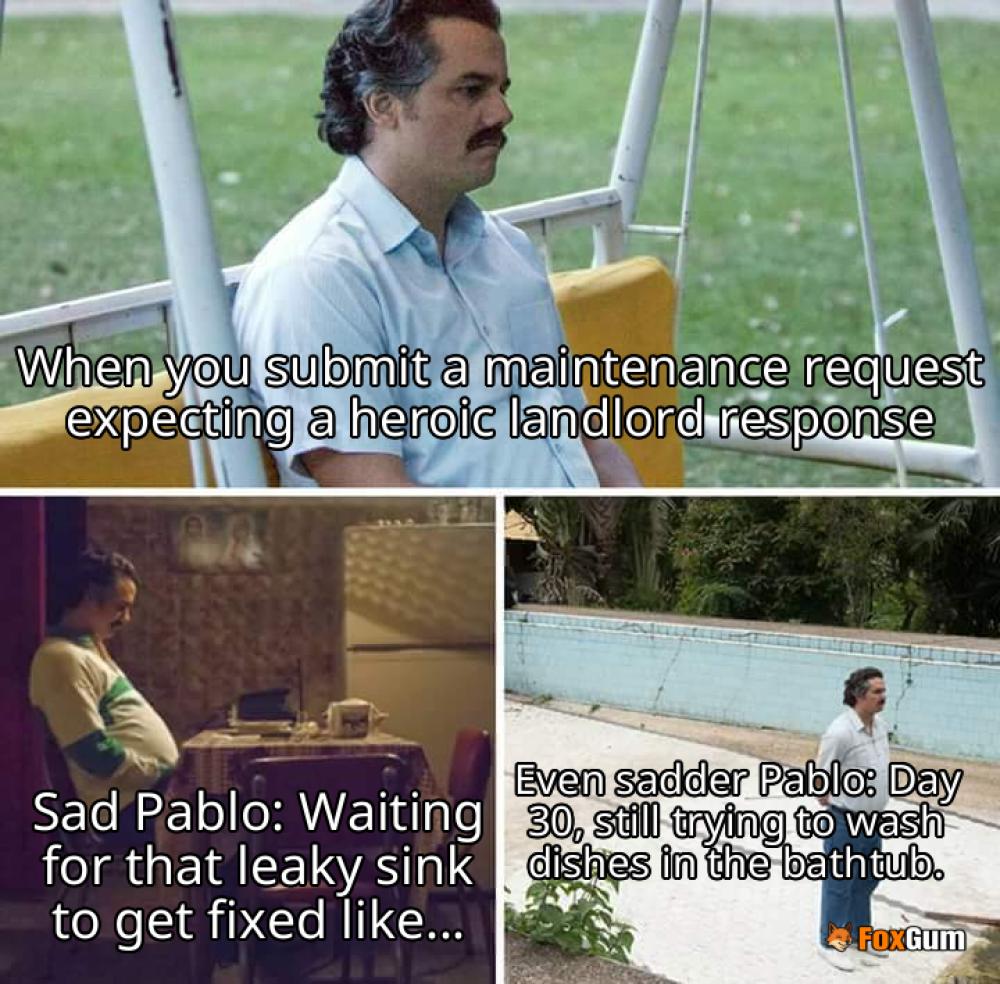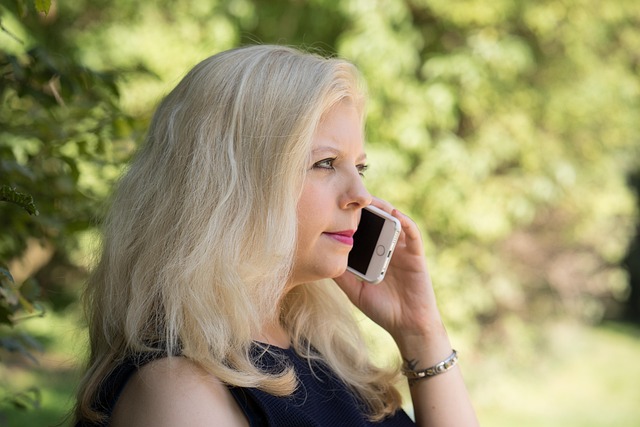
Adnexal Cysts
Adnexal cysts are fluid-filled sacs that can develop in the adnexa, which includes the ovaries and fallopian tubes. While the term might sound intimidating, it’s important to know that many of these cysts are benign and often go unnoticed. Let’s break down what you need to know about these cysts, their symptoms, and how they’re diagnosed.
What Are Adnexal Cysts?
Adnexal cysts can be classified into two main categories: benign and malignant. The good news? Most cysts are harmless and resolve on their own without any treatment. These cysts can form due to hormonal changes, particularly during ovulation, or they can be hemorrhagic, meaning they bleed internally.
Symptoms to Watch For
Depending on their size and location, adnexal cysts can be completely symptom-free or cause discomfort. Common symptoms include:
- Pain in the lower abdomen
- Feeling of fullness or bloating
- Irregular menstrual cycles
- Pressure during sexual intercourse
If you experience any of these symptoms, it’s a good idea to consult a healthcare professional for further evaluation.
Diagnosis and Monitoring
So, how do you find out if you have an adnexal cyst? The primary tool used is a pelvic ultrasound. This imaging technique allows doctors to visualize the cyst and determine its characteristics. In many cases, a follow-up ultrasound is done after one or two menstrual cycles to check if the cyst has resolved on its own.
When to Seek Help
While most adnexal cysts are benign, there are instances where they can be malignant, especially in women who are post-menopausal. If you’re experiencing severe pain, or if the cyst is growing, it’s crucial to seek medical advice. Early detection is key, and your doctor can guide you on the best course of action.
Conclusion
In summary, adnexal cysts are a common occurrence and often nothing to worry about. Most of the time, they resolve without intervention. However, staying informed and aware of your body is important. If you have any concerns, don’t hesitate to reach out to a healthcare provider. Knowledge is power, and being proactive about your health is always a good move! 💪

















 Heavy-duty Toggle Bolts
Heavy-duty Toggle Bolts 
 Health
Health  Fitness
Fitness  Lifestyle
Lifestyle  Tech
Tech  Travel
Travel  Food
Food  Education
Education  Parenting
Parenting  Career & Work
Career & Work  Hobbies
Hobbies  Wellness
Wellness  Beauty
Beauty  Cars
Cars  Art
Art  Science
Science  Culture
Culture  Books
Books  Music
Music  Movies
Movies  Gaming
Gaming  Sports
Sports  Nature
Nature  Home & Garden
Home & Garden  Business & Finance
Business & Finance  Relationships
Relationships  Pets
Pets  Shopping
Shopping  Mindset & Inspiration
Mindset & Inspiration  Environment
Environment  Gadgets
Gadgets  Politics
Politics 